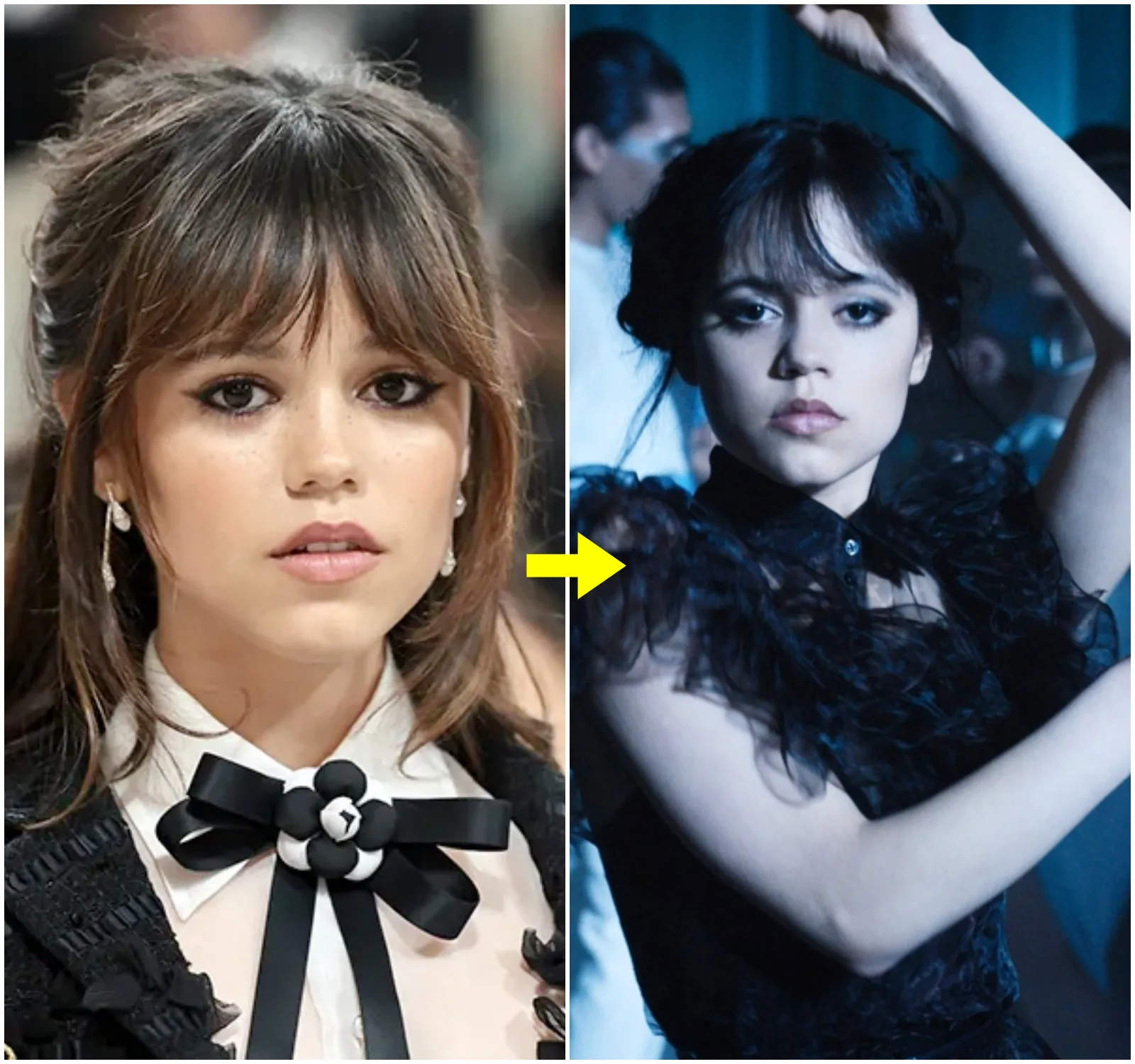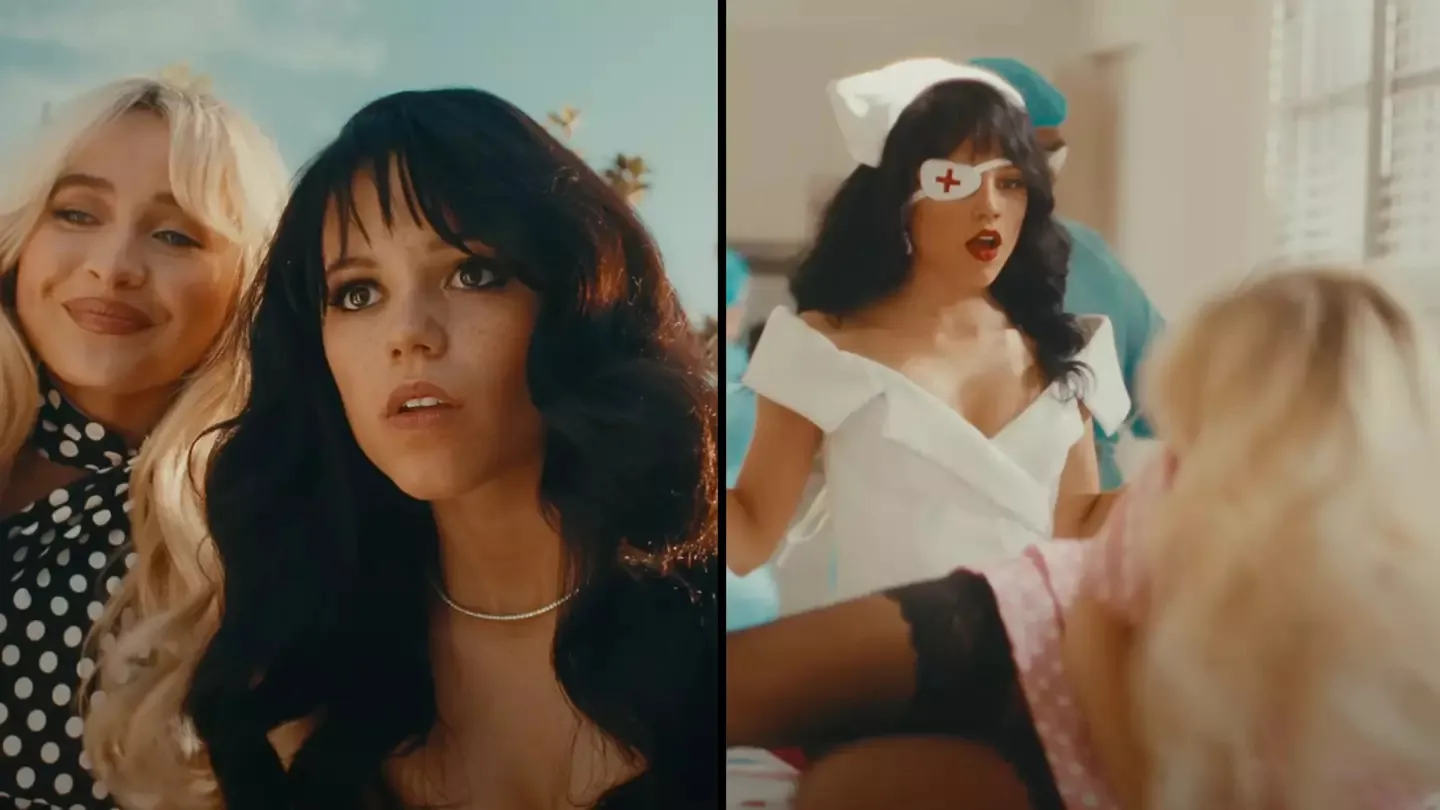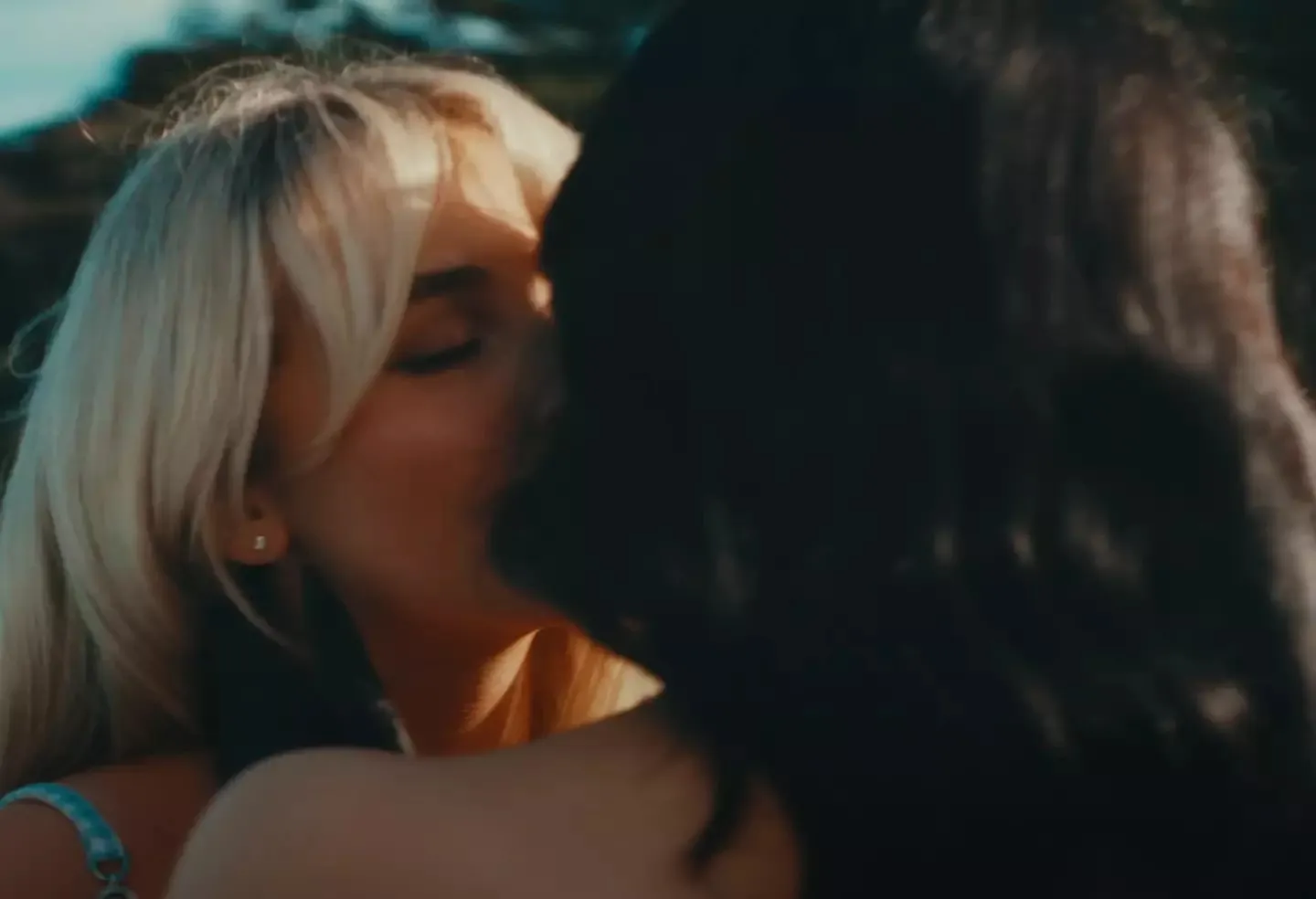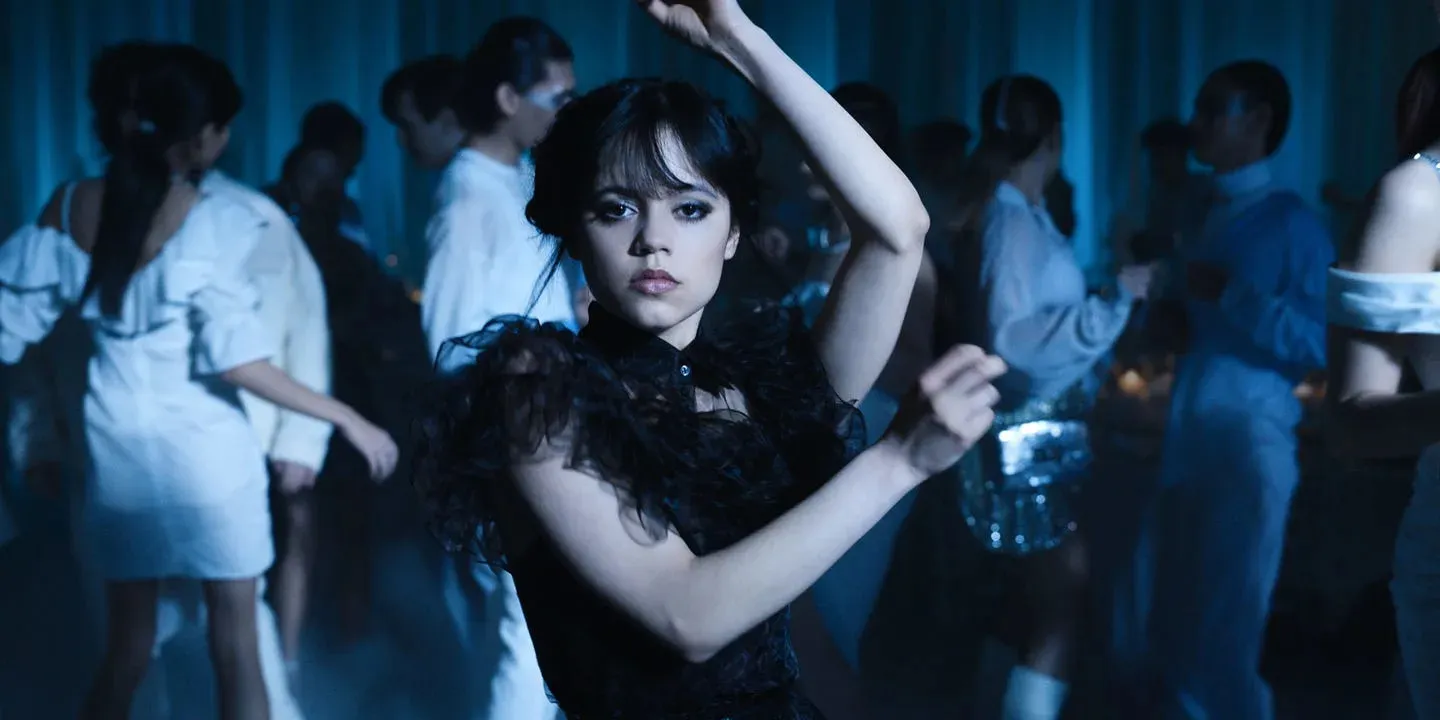Jenna Ortega Opens Up About Deleting X After Receiving AI-Generated Explicit Images Of Herself

Jenna Ortega, the rising star known for her roles in Beetlejuice and Netflix’s Wednesday, recently revealed that she deleted her Twitter account after receiving disturbing AI-generated messages. Speaking to The New York Times ahead of her upcoming projects, Ortega reflected on the challenges of growing up in the spotlight and navigating her identity as a young woman in Hollywood.

While discussing her forthcoming project, an adaptation of Kazuo Ishiguro’s novel Klara and the Sun directed by Taika Waititi, Ortega expressed her concerns about artificial intelligence. “I hate AI,” she said. “I mean, here’s the thing: AI could be used for incredible things.

I think I saw something the other day where they were saying that artificial intelligence was able to detect breast cancer four years before it progressed. That’s beautiful. Let’s keep it to that. Did I like being 14 and making a Twitter account because I was supposed to and seeing dirty edited content of me as a child? No. It’s terrifying. It’s corrupt. It’s wrong.”

The Scream star further shared a disturbing memory from her early years on social media. “The first DM I opened by myself at age 12 was an unsolicited photo of a man’s genitals, and that was just the beginning of what was to come,” she revealed.
As Ortega’s career grew, so did the volume of unwanted content. “I used to have that Twitter account and I was told that, ‘Oh, you got to do it, you got to build your image.’ I ended up deleting it about two, three years ago because the influx after the show had come out — these absurd images and photos, and I already was in a confused state that I just deleted it,” she explained.
“It was disgusting, and it made me feel bad. It made me feel uncomfortable. Anyway, that’s why I deleted it, because I couldn’t say anything without seeing something like that. So one day I just woke up, and I thought, ‘Oh, I don’t need this anymore.’ So I dropped it,” Ortega added.

The problem of AI-generated explicit content, also known as deepfake pornography, has become a significant issue, particularly for women. According to The Washington Post, the barrier to creating realistic AI porn is lower than ever, making it easier for individuals, including celebrities like Taylor Swift, to be targeted and harassed. Despite the growing concerns, laws regulating AI usage have lagged behind the advancements in technology.





